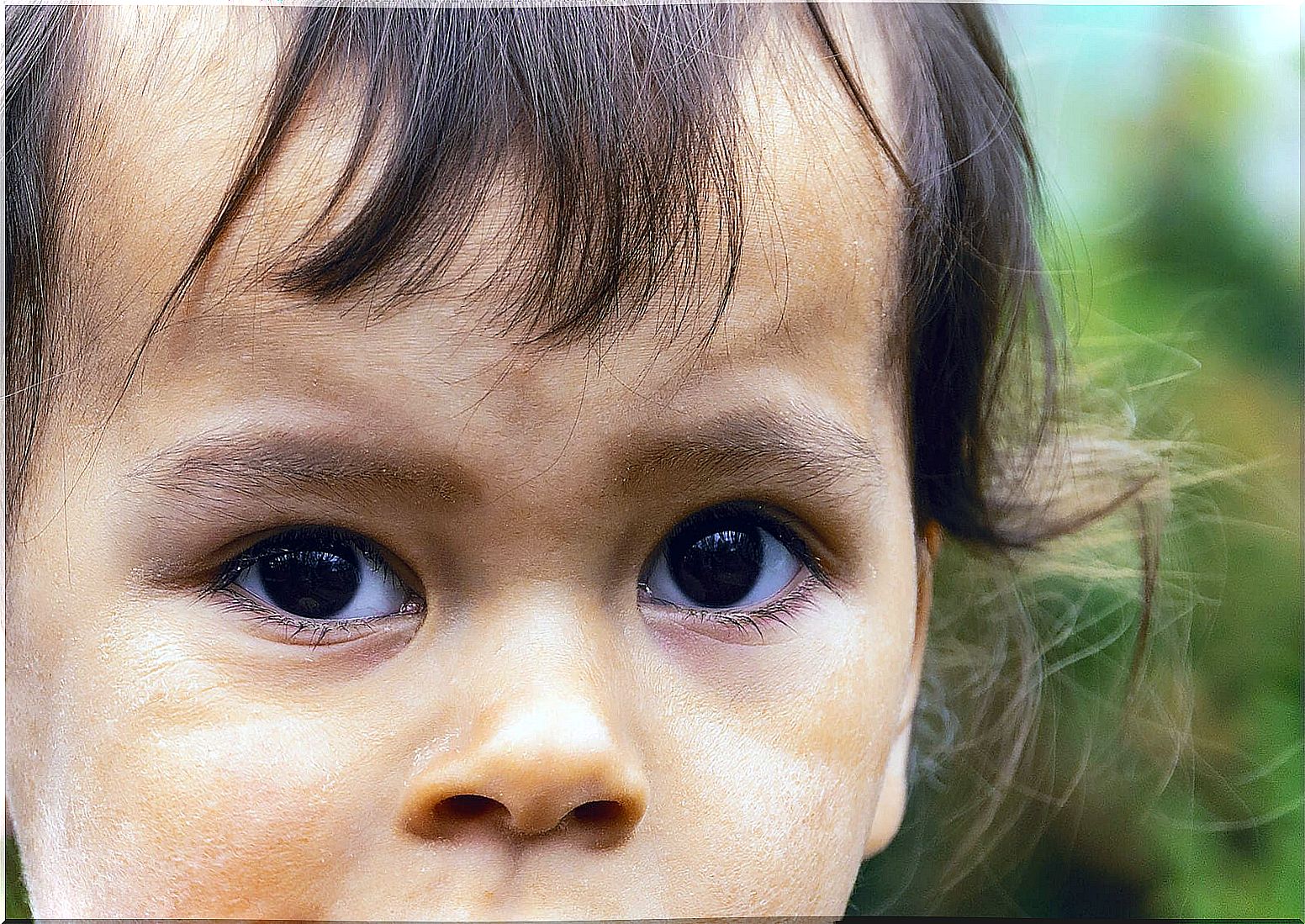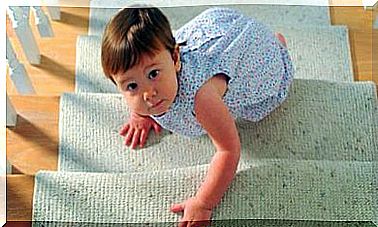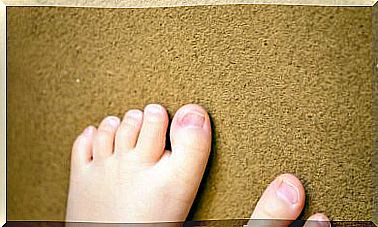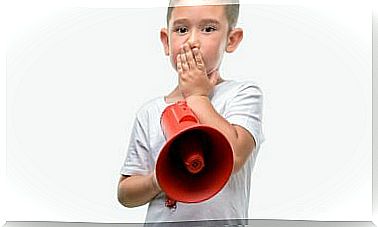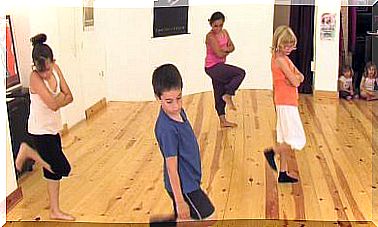4 Signs That It’s Time To Give Up The Bottle
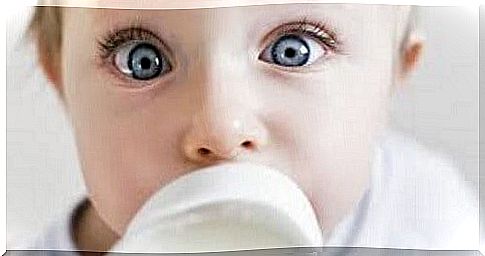
It is not a secret that the bottle is an instrument that every parent uses to facilitate the feeding of their children. babies . Sometimes it also works as an aid to calm them when they won’t stop crying. However, its excessive use could bring inconvenience to your child .
If you have a bottle-feeding baby, it’s a good idea to ask yourself if you know the signs that it’s time to stop using the bottle. If this is not your first child, you probably already have an idea of when to decrease and eliminate bottle use.
When the bottle is more for mom than for baby
It is necessary to recognize that we currently live in a very hectic world where Mom and Dad are absorbed in Laboral things . So, When arriving home and facing the care of the babies, the bottle is seen as a good option to reassure the little ones.
To get the attention of their parents, babies do a lot of mischief and cry for a long time. As a mother, it is important that you do not see the bottle as a tool to calm and keep your baby always.
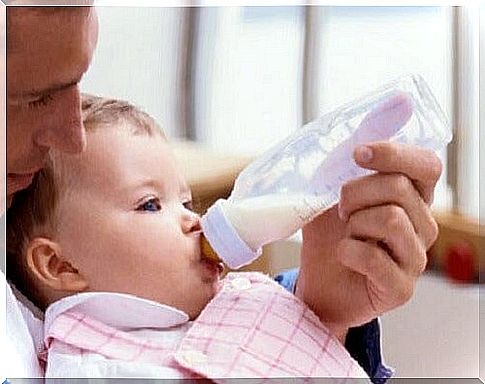
Babies need time with their parents so it is necessary to plan the day’s tasks. Include a time to share and play with your baby. In this way you will no longer need the help of the bottle to calm him in a moment of continuous crying. This will help you maintain good emotional health and leave the bottle behind in a timely manner.
Keep in mind that the continued use of the bottle can cause dental or jaw problems, according to a study published in the journal Brazilian Oral Research.
When the bottle prevents your baby from learning other skills
It is difficult to pronounce words with a bottle in the mouth, which makes it late for the baby to speak properly or the process slower. Keep in mind that food is not to be kept in your mouth all day it has been shown to cause what dentists call “bottle tooth decay.”
Nor is it easy for them to leave something they know very well (the bottle), for something they do not yet know (a glass). We know that this change can provide children with a climate of insecurity.
As a mom, you probably want to avoid this stress for your child by allowing him to use the bottle longer than he should. But think that this will not allow you to develop your skills. Making mistakes and spilling liquids when putting down the bottle It is normal and it is necessary for him to carry out activities according to his age . Don’t become a helicopter parent and let it discover its potential little by little.
When the baby is already on a full diet and the bottle only adds extra calories
Feeding your baby from a bottle is a good idea when he is not ready to eat solid food. But bottle-loving children who for nothing in the world give it up after spending a year and a half, add extra calories to their diet .
This is a problem that you should not let grow because it can cause obesity in your child. There is also the case of children who do not want to eat solid food and keep the bottle as their only means of feeding. This affects their health since they would be taking more milk than necessary, as well as sugar, which would lead to poor nutrition.
When the baby can put down the bottle because he already uses the cup
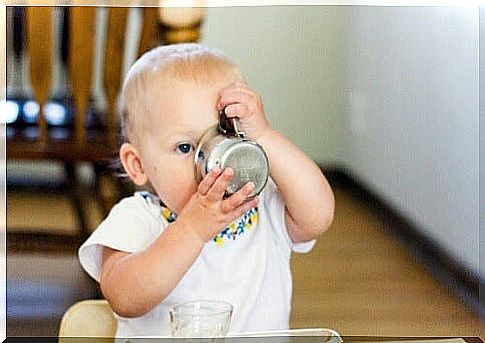
The last of the signs that it is time for your child to give up the bottle is when he has learned to use an appropriate cup or glass for his age. Allow your little one to continue with them and little by little reduce the number of times you prepare the bottle.
Do not use the bottle more than necessary
As you can see, the use of the bottle and the moment of leaving it is something that you will discover naturally. See this object only for what it is: an aid for your little one to feed correctly when his strength or skills they don’t allow you any other option.
Keep in mind that it is important that they become accustomed from babies to the texture and taste of the foods that will make up their subsequent diet.
